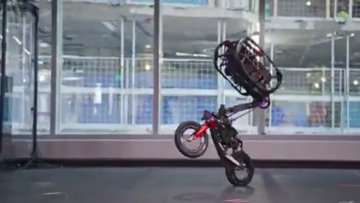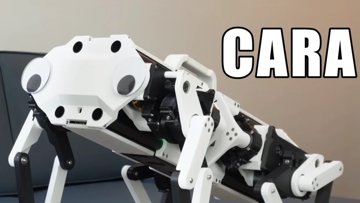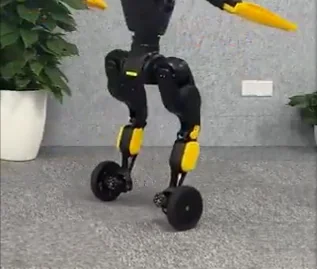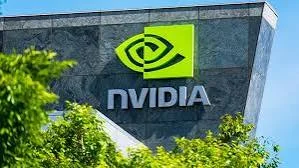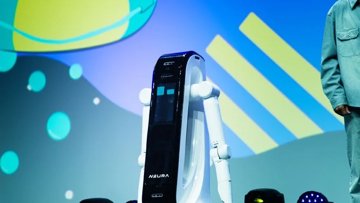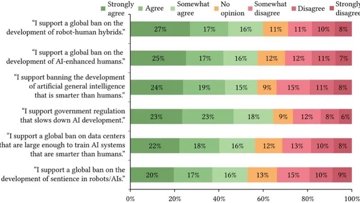In the relentlessly competitive humanoid race, Beijing-based Noetix Robotics has just made a startling move, announcing pre-sales for its “Bumi” robot at a price that barely qualifies as four figures: ¥9,998, or roughly $1,400. Standing just 3’ 1" (94cm) tall and weighing a manageable 26 pounds (12kg), Bumi is being positioned as the world’s first high-performance humanoid to break the ¥10,000 price barrier. The company claims it can walk, run, and even dance on a battery that lasts one to two hours.
Of course, a sub-$1500 price tag immediately raises the question of whether “Bumi” is a serious step toward consumer robotics or simply the most elaborate tech toy you could buy this holiday season. Noetix, a startup founded in 2023 with talent from Tsinghua and Zhejiang Universities, seems to be targeting families and educators. The robot supports graphical drag-and-drop programming and voice interaction, positioning it as an AI learning platform for kids rather than a direct competitor to the six-figure industrial titans from Boston Dynamics or Tesla.

Why is this important?
The significance of Bumi isn’t in its spec sheet, but its price tag. While it may not be folding laundry anytime soon, its existence signals a crucial maturation in robotics manufacturing and supply chain efficiency, particularly in China. By drastically lowering the cost barrier to entry, Noetix is democratizing access to humanoid hardware. This could catalyze a wave of development in software and applications for smaller, consumer-grade robots, shifting the focus from industrial automation to domestic companionship, education, and entertainment. Bumi may be small, but it represents a potentially giant leap for robot-kind’s slow march into our homes.


